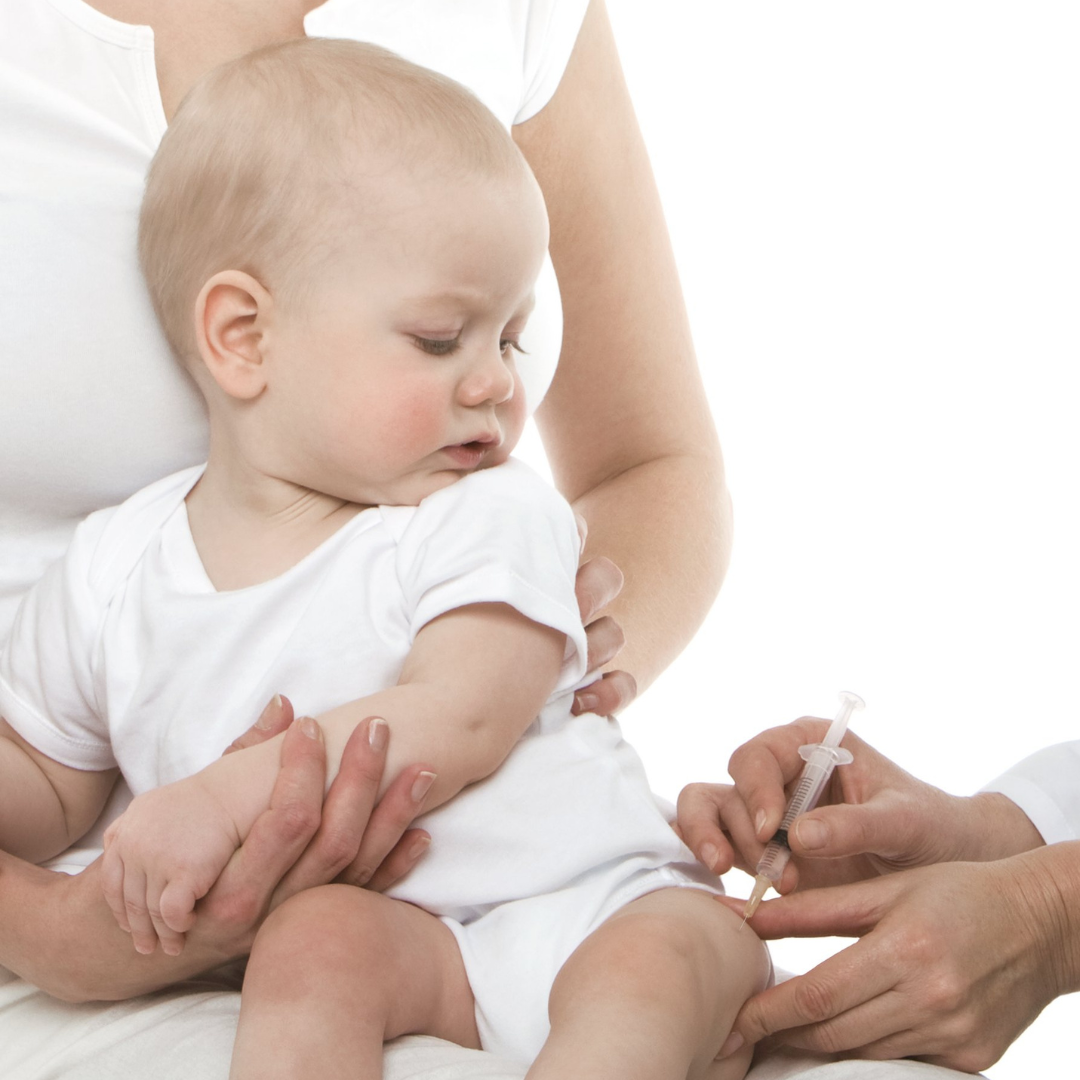Nasal irrigation in kids: safe? effective?
Nasal irrigation, or using a neti-pot, has been around for centuries as a remedy for blocked noses. The idea is that you use a sterile solution, like saline, and flush out the mucus. If you’re going to try it, please do it safely.
Why is this viral season so wild?
Cold after cold, fever after fever. Non stop, without any real break for a parent to recover. It feels endless, and its easy to worry about whether or not things will always be this way.
Yes, pediatrics hospitals are full
We are at the start of respiratory season, but are seeing have unseasonably high numbers of RSV, Rhinovirus, and many other respiratory viruses - and in many parts of the country, flu season has also begun.
RSV: 5 things to try
Most children have been infected with RSV by the age of 2 years and recover just fine. We worry most about those children who are very young (under 6 months) or have underlying medical issues, such as prematurity, lung or heart disease, or immunosuppression.
My kid has a fever! What now?
A fever is a normal body response to infection. If your child is handling it well, most of the time you can keep take a holistic approach and focus on closely monitoring them (barring a few specific situations, such as when your child is very young or has underlying medical conditions).
Swollen lymph nodes: a primer
In the vast majority of cases, lymph node enlargement is just a signal of a healthy immune response, rather than something sinister. The goal of this post is to help provide some reassurance and information so you don’t have to Google.
The flu vaccine: an overview
Immunization is the most effective way to mitigate the severity of flu infection, but there are many misconceptions about the flu vaccine.
Parechovirus: Answers to your questions
Parechovirus is a virus that most often causes symptoms of the common cold. Parechovirus is a known entity that causes illness in children and vulnerable populations. Most often, it causes common cold symptoms, but in more vulnerable populations, such as newborn babies.
Tips for common vaccine reactions
I grew up in Malawi, and my father treated people who had vaccine-preventable illnesses, such as Polio. I feel so lucky that I can raise my children in an era with vaccines. Yes, vaccine reactions are a nuisance, but they are often mild and self-limited. Hopefully these tips help you and your child get through them with ease!
Should you give your child meds before shots?
It is fine to treat your child with medication if they seem like they are uncomfortable, or have a fever or pain. But wait and see how they do. And if you can, hold off on giving it until at least 4 hours after the dose.
Vaccinating our littles: my thoughts
Both vaccines are effective, and the FDA and CDC/ACIP voted unanimously that the benefits of vaccination outweighed any concerns or risks for children 6 months and up.












